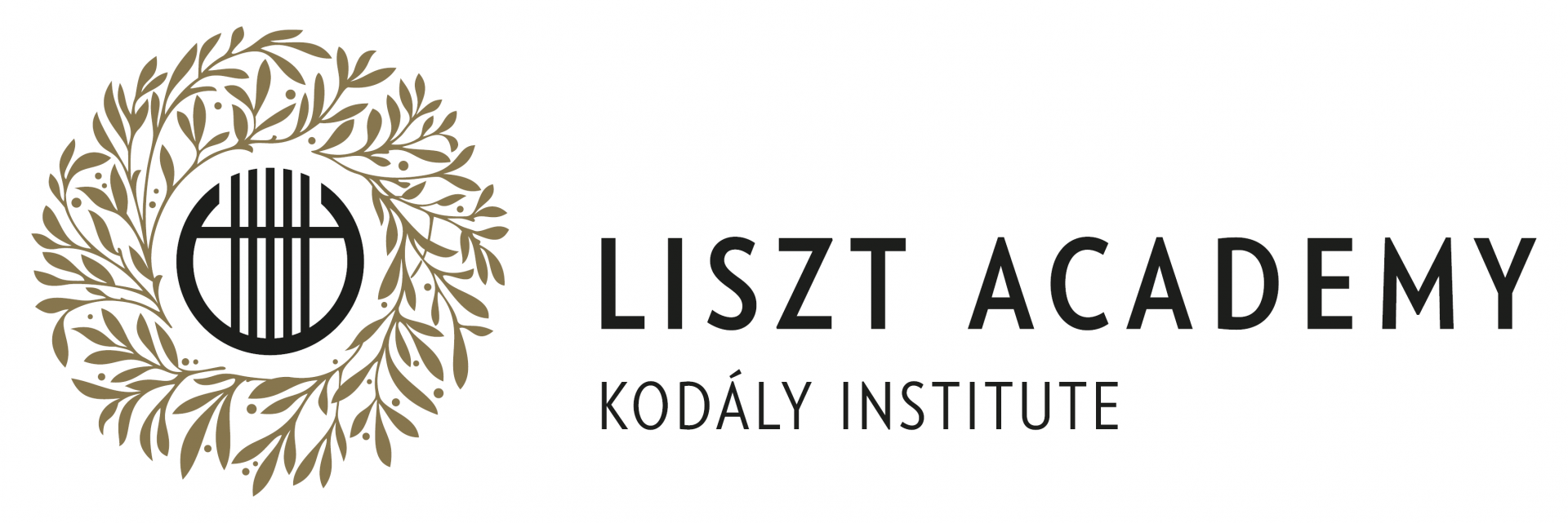Presto Kodály Institute - LEADER

The Kodály Institute of the Liszt Ferenc Academy of Music in Kecskemét is a recognised international centre for the most authentic promotion of the music education concept of Hungarian composer and music pedagogue Zoltán Kodály, and is one of the most important teaching, training and research centres of music pedagogy in Europe. The educational concept of Kodály is rooted in the recognition of the significant role that music-making and music learning have in relation to the education of the whole child, in his/her intellectual, social and emotional growth.
The Institute’s primary mission is to safeguard this musical and pedagogical legacy, as well as to deliver university training programmes in English to foreign music pedagogues and musicians. Kodály believed that dedicated, well-trained and accomplished music educators serve as missionaries for the preservation of the aesthetic and humanistic values expressed in musical art. Music has the power to touch the lives of all young people in many different ways, therefore it should be central to young people’s education. The transmission of these values, with their capacity to enhance social and cultural transformation, to future generations, and to our children, is the ultimate task of the Institute, where the teaching and learning process is characterised by the harmonious unity of an in-depth theoretical education and diverse musical practices.
The Institute has a Library & Archives where you can find major Hungarian and internationally renowned music pedagogues’ legacies and the Institute maintains the Zoltán Kodály Memorial Museum in Budapest in the apartment where Kodály lived. The latest research activities of the Institute focus on creative pedagogies, i.e. establishing and measuring new models in integrating movement creatively in classroom practice and on early childhood music education, or the pedagogy oeuvre of Klára Kokas, a disciple of Kodály.
The Institute is dedicated to adapting the practical application of Kodály’s principles to the challenges and opportunities of today’s world. In order to help teachers to deliver engaging and experience-based music lessons the Institute has developed and introduced new digital tools and platforms. As a consortium leader beneficiary of the Erasmus+ Strategic Partnership Project „KodályHUB – Sing. Learn. Share.”, it created outstanding new intellectual outcomes, among them the Kodály HUB, an online music education platform with numerous resources. The HUB has already attracted thousands of registered users from all over the world, from >65 countries. The brand-new application Move mi Music helps teachers to introduce the basics of musical reading and writing to children in a playful way. A yet small, but powerful network of Model Schools helps the Institute to showcase and test all new education initiatives.
Since the establishment in 1973, the Institute has had a profound influence on many thousands of music educators across the world that have participated in the Institute’s full-time, part-time and summer courses and adopted the concept in their home countries thereafter. The annual number of regular students is around 70-80; together with the summer seminar’s participants this number goes up to 250, while the number of faculty is 33 in this academic year.
The fact that the principles of Kodály-inspired music education are today widely known on five continents is the result of the never-ceasing efforts of renowned faculty to make the Institute a worldwide centre for Kodály-based music education. The countries where the local adaptation has been the most successful are: USA, Canada, UK, Ireland, Australia, Holland, Portugal, China, Malaysia, Singapore, Philippines, Japan, Finland, France and many more. A recent documentary film presents how this proven concept has become widely used and recognised.
In 2005 the Kodaly Institute became an affiliated institution of the renowned Liszt Ferenc Academy of Music, Budapest, thus gaining the chance to extend the study options with university degree programmes (6-semester BA and 4-semester MA studies). This step enhanced the Liszt Academy being the custodian of the ‘Hungarian school’, whether one is talking about the significance of chamber music, the passionate perfectionism of instrumental and vocal teaching in the spirit of the greatest Hungarian musicians such as Liszt, Hubay, Bartók, Kodály, Dohnányi, Weiner, Ligeti or Kurtág, etc. and provided a leader status in the field of music education. As recognition of its outstanding role on the European music scene, for its preservation of European traditions and culture, the Liszt Academy was awarded the European Heritage Label and Europa Nostra Prize, becoming the only European institution possessing both awards.


